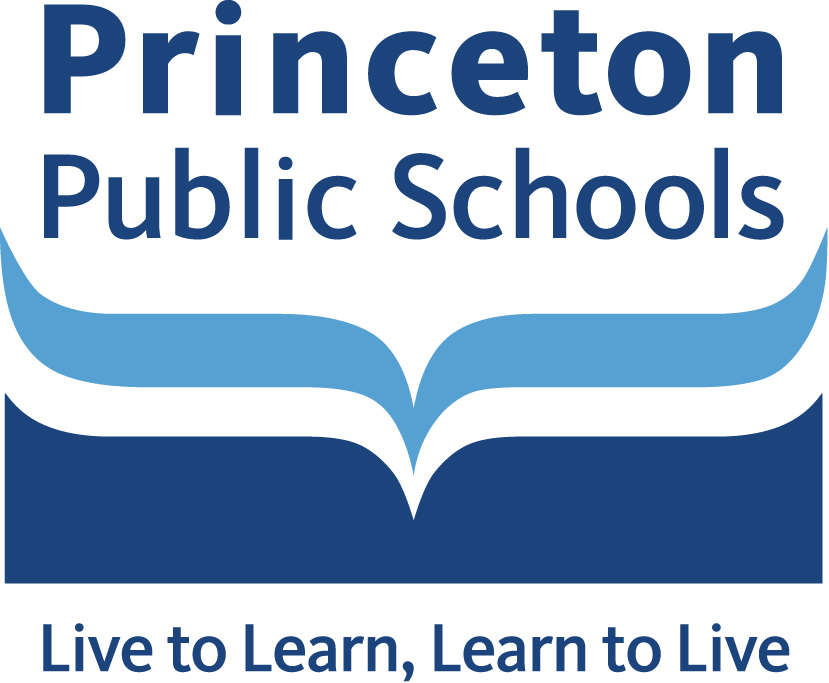Aiming to see to it that all students have the same shot at success, the Princeton Public Schools Board of Education is applying for $1 million in state aid to expand its preschool program for the 2020-21 school year.
The school board approved submitting the application to the New Jersey Department of Education’s Division of Early Childhood Education at its Dec. 3 meeting.
The preschool expansion “falls in line” with the district’s commitment to equity – removing barriers and providing supports – so that every child can reach his or her highest potential, said Superintendent of Schools Steve Cochrane.
“Free public preschool is widely recognized as an important path toward closing the (academic) achievement gap,” Cochrane said.
“This is an exciting opportunity for the Princeton Public Schools and our entire community,” he added.
The research is very clear, he said; several studies have concluded that a high quality preschool program advances equity and combats poverty.
Students who attend preschool score higher on standardized tests, graduate on time and at higher rates, and are held back on average 40% less, he said. They are also classified for special education programs at half the rate.
Princeton Public Schools established a limited preschool program in the 2018-19 school year that was paid out of the district’s budget. There were two general education classes and three special education classes for 3- and 4-year-old children.
The school district successfully applied for $770,000 in state aid earlier this year from the New Jersey Department of Education’s Division of Early Childhood Education to expand the preschool program. The district doubled the number of general education classrooms from two to four for the 2019-20 school year.
The state aid does not cover the costs of the three special education classes. The district plans to continue to offer three special education classes for 3- and 4-year-old children, and will pay for it through the district’s budget.
Currently, three of the four preschool general education classes are held in the district, and the fourth one is held at the Princeton YWCA.
The program enrolls 60 children, 32 of whom qualify for free or reduced price lunches on the basis of their household income.
If the district’s request for $1 million is approved, the preschool program will be expanded to five general education classes. It would grow to 75 children, 61 of whom potentially would qualify for free or reduced price lunch based on household income.
A family of four that earns up to $33,475 annually qualifies a child to be eligible for a free lunch, and an income of up to $47,638 qualifies a child for a reduced price lunch. A five-member family that earns up to $39,221 qualifies the child to receive a free lunch, and up to $55,815 for a reduced price lunch.
Children will be chosen for the free preschool program in a lottery. Those who qualify for a free or reduced price lunch would receive priority.
School district officials will reach out into the community to other providers of preschool programs, Cochrane said. He estimated that there may be 350-400 preschool-aged children in Princeton.
“We are trying to get the word out” to generate more knowledge in the community that the free preschool program is available, Cochrane said.
When school board member Daniel Dart asked whether the preschool program could be “ramped up” from 75 children to 125 children, Cochrane said that one factor is space. Both the Princeton YWCA and the school district have a limited number of classrooms.
State aid also is a factor in expanding the preschool program, Cochrane said. The Princeton school district was one of 28 districts that received state aid for the program, he said. Adding that “there is not an unlimited amount of money.”
In recent years, the New Jersey Department of Education has emphasized the need for universal preschool for all children.
The FY 2020 state budget provides $806 million in preschool education aid. This includes a $68 million increase for preschool program, with $20 million for expansion of high-quality preschool.
The school district wants to provide the best education, Cochrane said. He added that “we are comfortable with the pace.”

